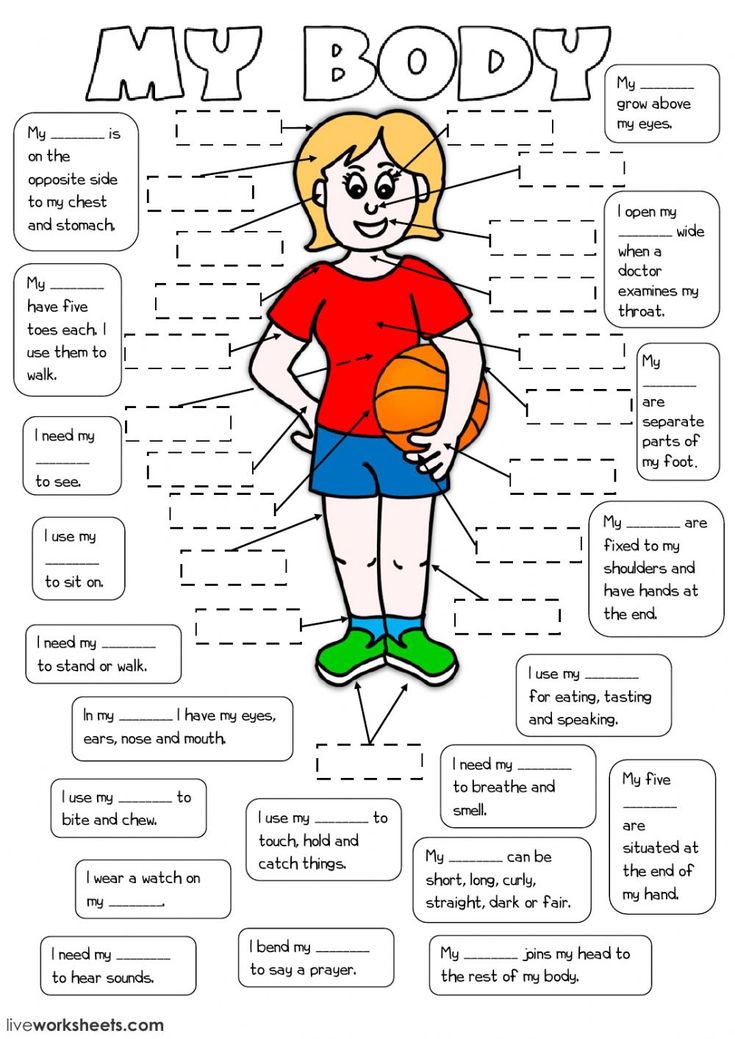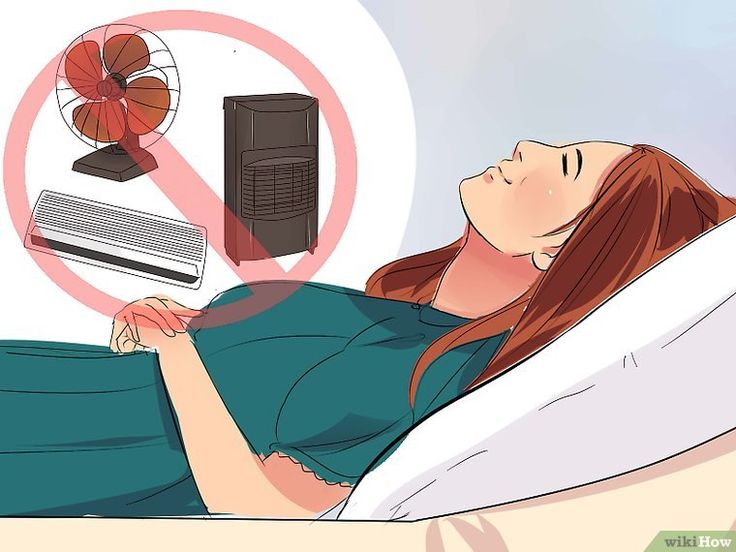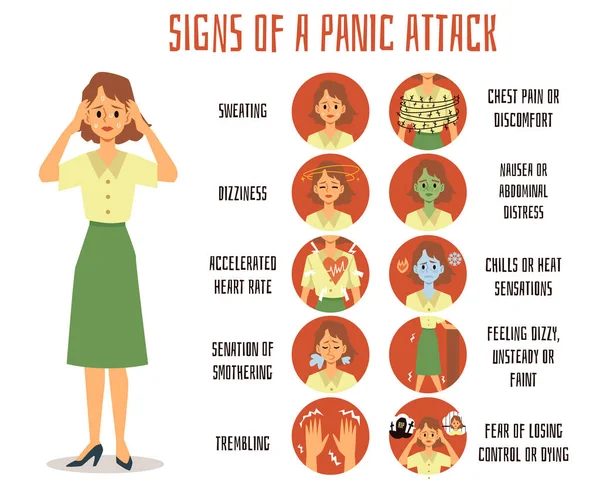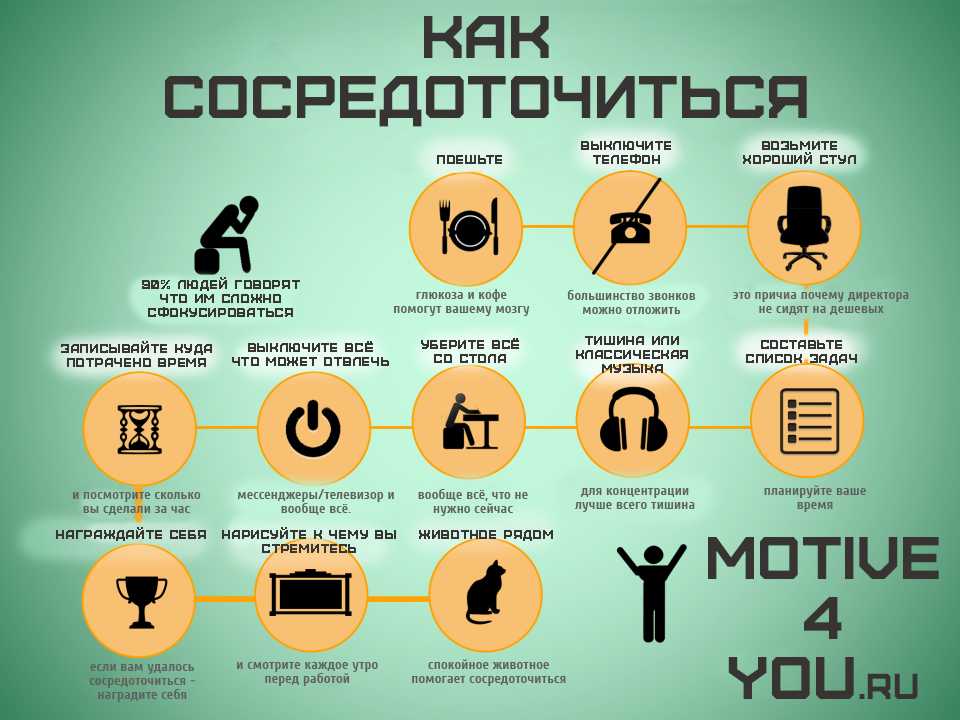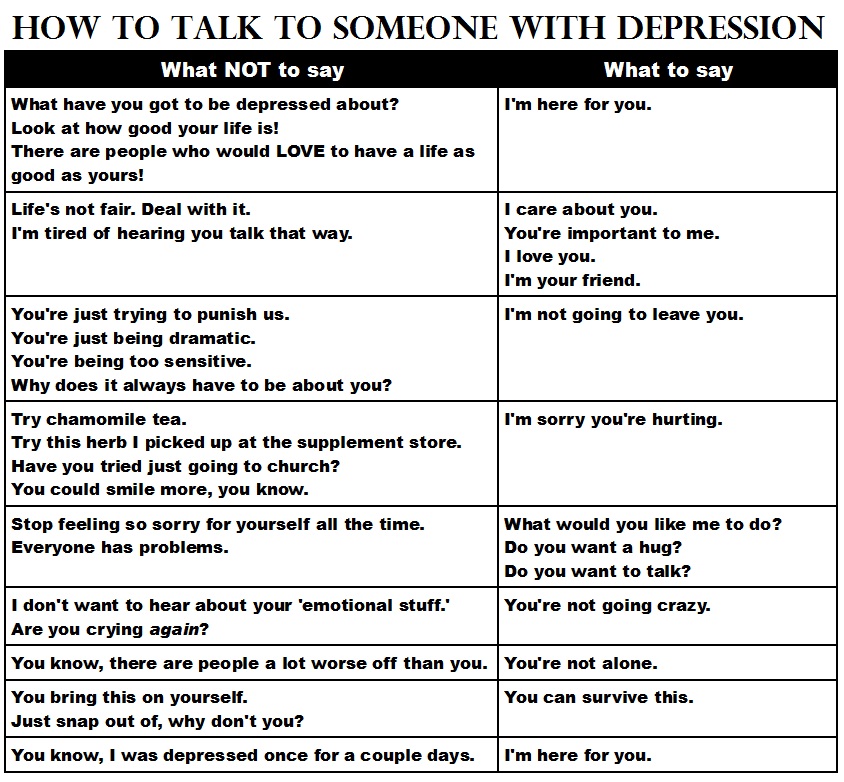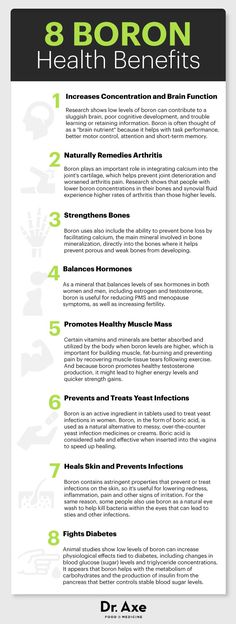Can anxiety cause fevers
Can Anxiety Cause a Fever?
You're feeling anxiety. You're sweating. You're getting hot and cold flashes. Someone puts their hand to your head and tells you that you're burning up.
Now you're confused. You've always worried that something was wrong – that anxiety was not anxiety at all, but that you're sick and the doctors haven't figured it out yet. Now it appears to be confirmed, since you've developed a fever.
See a Doctor – Never Assume Anxiety
If you've checked your temperature and you see that you have a fever, or you simply feel ill, see your doctor. Only a doctor can diagnose the cause of a fever and ensure that you're in good health. Even though anxiety causes a lot of different physical problems, anxiety is also generally harmless and a health issue is not. Never be afraid to visit a doctor if you're concerned.
Anxiety and Fever: A Complicated Relationship
The reality is that anxiety does not generally cause a fever. That's not to say it can't – many people report a low grade fever as a result of their anxiety, and stress does have a known impact on the body's ability to fight infections, so it wouldn't be a surprise to find out that stress has, in fact, caused a mild fever in your body.
But as far as whether or not that temperature is noteworthy, it is very, very rare for stress to cause anything other than very low grade fever, and body temperature can fluctuate throughout the day. During an intense panic attack, some people have been found to show a 99.5 fahrenheit temperature, but medical professionals are mixed in whether or not they attribute these findings to being directly caused by anxiety.
So yes, anxiety can in theory cause a fever, but it is not common. Usually when someone reports a fever from anxiety, they're reporting the "feeling" of having a fever without actually testing it. And anxiety does cause fever-like symptoms:
- The feeling of having swollen glands (although they're not usually swollen).
- Extreme hot and cold sensations and fluctuations.
- Nausea, weakness, and general ill feeling.
All of the symptoms of a fever are there, but without the actual fever. Since few people actually check their temperature during a panic attack, most people that think they have a fever are doing so because they're experiencing physical symptoms that resemble a fever.
If you do see a very mild fever that goes away when your anxiety is over, there's no need to panic. You may be one of the few that does develop a fever as a result of your anxiety attack. But it is not that common, which is why anyone that reports a fever – especially if it is over 99.5, or lasts for a long time – should contact a doctor and get the medical attention they need.
Other Potential Links Between Fever and Anxiety
Fever occurs when you're fighting an infection. Those with anxiety are more prone to reacting quickly to any changes in their physical health. It's possible that you are experiencing anxiety because you sense the illness, infection, or symptoms of a fever in ways that other people wouldn't notice until their illness became more pronounced.
Those with allergies, for example, may develop sinusitis (a mild infection) and generate a mild fever as a result. There are ample reasons you may have a mild fever, and while seeking treatment is always important, some of these reasons are harmless.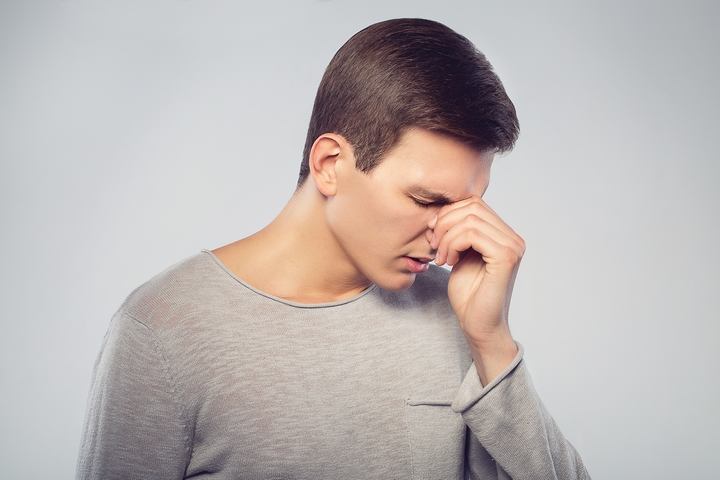 If you're also someone that suffers from anxiety, it's not uncommon to worry that the fever is something more, or that it's linked to your anxiety symptoms. Rest assured that it often won't be, and it's simply a separate issue that needs its own attention.
If you're also someone that suffers from anxiety, it's not uncommon to worry that the fever is something more, or that it's linked to your anxiety symptoms. Rest assured that it often won't be, and it's simply a separate issue that needs its own attention.
What Should You Do If You Feel You Have a Fever?
If you notice that you have a mild fever, you have two options. The best choice is always to contact your doctor. You may also wish to wait for your anxiety to calm down and check your temperature again. If it's really related to an anxiety attack, then it should be gone by the time your anxiety has decreased. If not, it is likely you are fighting off a different infection and may benefit from antibiotics or other medicinal treatments.
If you are someone that is simply experiencing the symptoms of a fever without the fever itself (hot flashes, etc.) then rest assured you are not alone. Many people that suffer from anxiety attacks have bouts of physical symptoms that feel exactly like fighting a fever. Your best bet is to respond to your anxiety attacks directly.
Your best bet is to respond to your anxiety attacks directly.
First, take hold of your breathing to make sure that you're not hyperventilating. Hyperventilation drastically increases some of the symptoms that mimic a fever, and can increase your anxiety as well. If you're feeling ill, get up and walk around a bit too. Sometimes taking yourself out of your situation is valuable for controlling the anxiety.
Summary:
Severe anxiety may be able to cause short term low grade fever during the peak of a panic attack, but this is typically rare. More common is for an individual to have fever-like symptoms, or to feel additional anxiety when they find themselves with a fever of any kind. Only a doctor can diagnose the cause of a fever, but if you’re struggling with severe anxiety, anxiety reduction will help.
Was this article helpful?
- Yes
- No
Can Anxiety Raise Body Temperature?
Anxiety is a natural response to a threat you perceive. It starts with a physiological reaction in your brain that affects the rest of your body.
It starts with a physiological reaction in your brain that affects the rest of your body.
When you perceive a stressor, your body goes through changes, and you may experience mental and physical symptoms.
These symptoms of anxiety can include:
- breathing fast
- chest pain or pressure
- difficulty sleeping
- dizziness or lightheadedness
- feeling hot or cold
- nausea
- difficulty focusing
- shaking
- sweating
- muscular weakness
- thoughts of impending doom
Yes. In some rare cases, anxiety symptoms may lead to a rise in body temperature. This is sometimes referred to as psychogenic fever, or a fever caused by psychological reasons.
Although more research on humans is needed, some human and animal studies and case reports from 2014, 2020, and 2021 suggested that acute stress can sometimes lead to fever.
A 2015 research review of both animal studies and human case reports indicated that exposure to stress raises body temperature.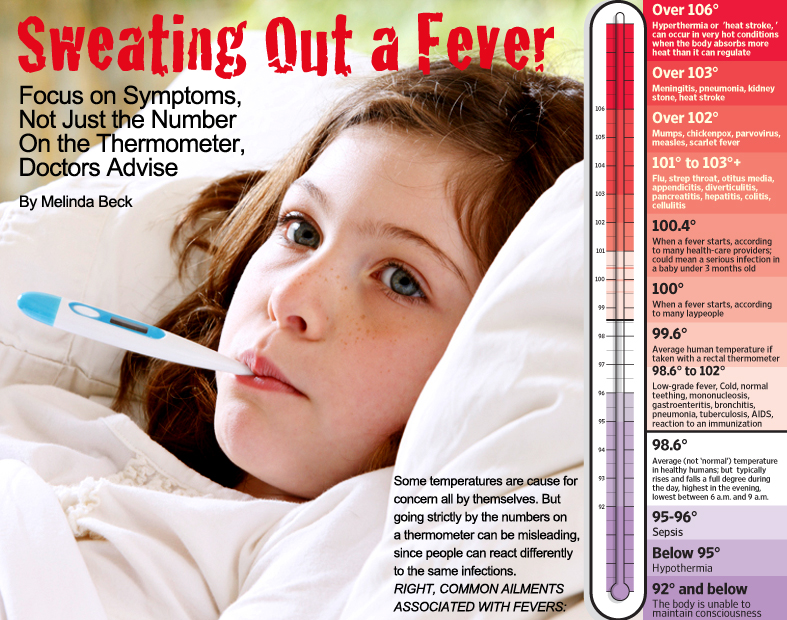
The average body temperature for human adults typically ranges between 96°F and 98°F (35.6° and 36.7°C). But many factors can cause temperature changes, including hormones, time of the day, and activity level.
So, it’s not unusual for your body temperature to fluctuate up or down by around 1°F (-17°C) throughout the day.
Repeated stress or isolated highly stressful events could make that fluctuation more significant, though.
The above-mentioned review found that some people who were exposed to a one-off anxiety-inducing situation developed a fever as high as 106°F (41°C).
Other people experiencing stress for long periods of time developed low-grade fevers that lasted months to years. Their temperatures ranged from 99° to 100°F (37° to 38°C).
Psychogenic fever seems to be a physiological response to emotional disturbance. There’s currently no evidence to suggest that this type of fever has co-occurring physical causes, such as infection or inflammation.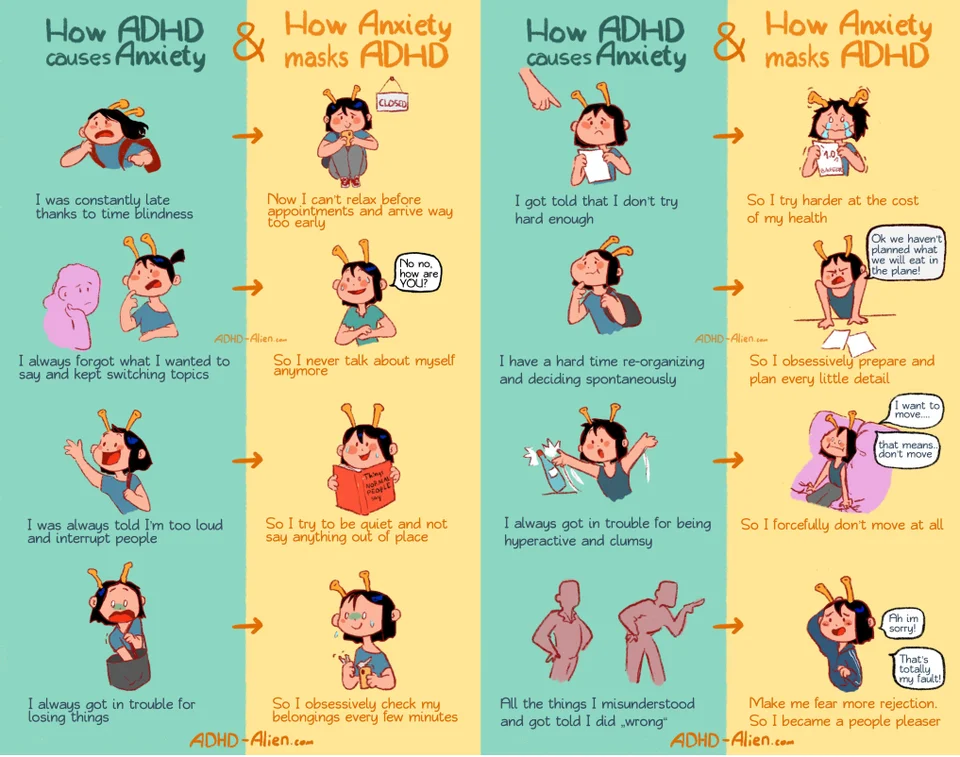
In fact, the review indicated that if your fever is due to physical causes, you can relieve it by taking common fever reducers like ibuprofen (Advil, Motrin) and acetaminophen (Tylenol).
This isn’t the case for fever caused by anxiety or stress. But medications that treat anxiety symptoms, including diazepam (Valium) and buspirone (Buspar), may work on psychogenic fever.
Only a health professional can accurately explore your treatment options and the benefits and side effects of anxiety medications.
What about panic attacks?
Panic attacks are intense fear responses that some people living with anxiety experience.
As a type of anxiety episode, it’s possible that your body temperature may also rise during a panic attack.
Anxiety is an intense fight, flight, or freeze stress response when you face a threat, real or perceived. This is a natural process that aims to protect you from danger.
During the stress response, your body releases stress hormones, including adrenaline and cortisol, to prepare you to fight or escape the stressor.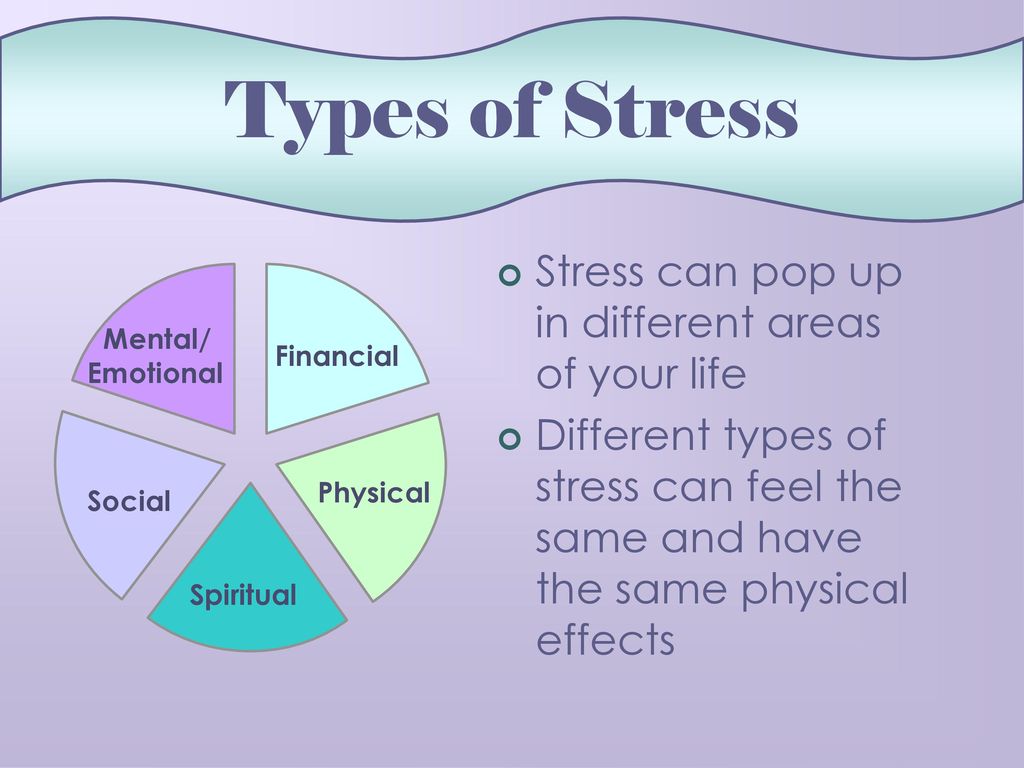
These stress hormones have an impact on the rest of your body, causing:
- increasing heart rate
- narrowing blood vessels
- breathing rapidly
- sweating quickly
Narrowing of your blood vessels could result in a fast rise in your body temperature. You may experience this rise as hot flashes or even chills. To cool down, your body may start sweating and you may feel the need to breathe faster.
The physical effects of anxiety typically diminish or go away when you address the underlying cause of the anxiety.
If you live with an anxiety disorder, though, you may continually experience symptoms, including a rise in body temperature.
But it’s possible to manage anxiety symptoms, and doing so could help you find relief if you live with a frequent low-grade fever. It’s highly advisable that you discuss your symptoms with a health professional who can provide an accurate diagnosis and treatment plan.
The following are a few things you can do to cope with the physical symptoms of anxiety.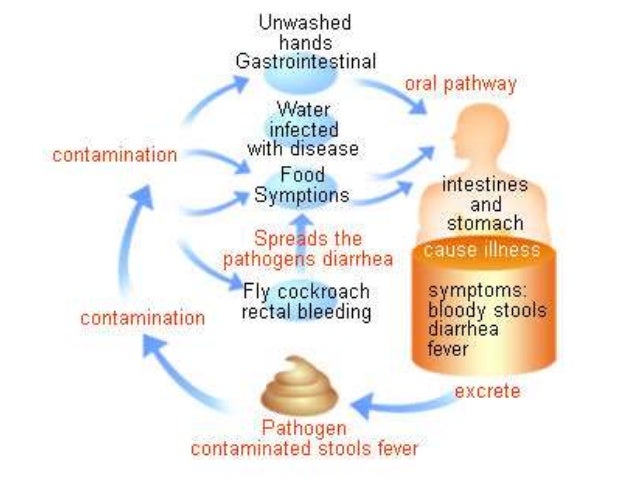
Medications
If you regularly experience anxiety, consider discussing your symptoms with a health professional. Among many things, they could recommend medications to help manage your symptoms.
Medications that might help relieve anxiety and reduce physical symptoms include:
- benzodiazepines, such as alprazolam (Xanax), clonazepam (Klonopin), and diazepam (Valium)
- buspirone (Buspar)
- paroxetine (Paxil)
- phenobarbital (Solfoton, Luminal)
Relaxation techniques
Relaxation techniques, such as box breathing and mindful meditation, can help shift your focus away from anxious thoughts.
Taking deep, slow breaths whenever you feel your anxiety rise can help slow down your heart rate and calm your body and mind.
A short meditation can serve as a quick way to relax your nervous system. Practicing meditation regularly can help you manage your stress response and your anxiety symptoms.
Physical activity
Exercise and physical activity could help you manage stress.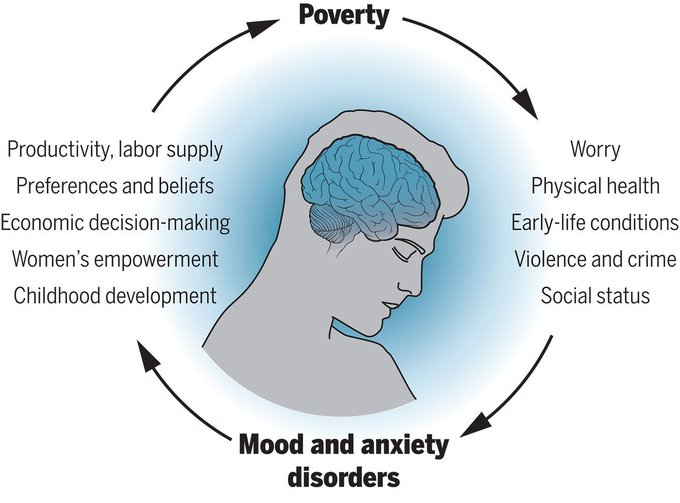
Even a short walk around the block can provide relief, especially if you can focus on your breathing.
If you like running, a good run may distract your body into thinking you’re fleeing from your stressor. And, as an added benefit, your body releases feel-good chemicals in your brain. After you stop working out, your body may switch from an alert state to a rest and relax state.
Yoga may also be an effective activity to manage chronic anxiety. You can use it as a form of exercise and meditation practice.
Psychotherapy
Exploring the root cause of your anxiety can better help you manage its symptoms. A therapist can support you in this process.
Finding a therapist who has experience treating anxiety can help you develop coping skills that may offer temporary and long-term relief.
Anxiety symptoms can be both mental and physical. Although rare, physical symptoms of anxiety could include a rise in your body temperature or a fever.
A few studies and case reports showed that after experiencing a highly stressful event, some people experience a rise in body temperature. Some of them may even experience an anxiety-related fever as high as 106°F (41°C). Ongoing stress may also cause low-grade fevers that last for months.
Some of them may even experience an anxiety-related fever as high as 106°F (41°C). Ongoing stress may also cause low-grade fevers that last for months.
This type of fever typically doesn’t respond to regular fever reducers. Instead, anxiety medications may offer relief. Only a health professional can discuss the pros and cons of taking these medications.
Regular relaxation practices, like meditation, breathing, and physical activity, can also help you manage symptoms of anxiety.
MIG® 400. Feverish syndrome
Medical statistics state that at least once a year each of us is faced with an increase in body temperature - this is the most frequent reason for contacting a clinic or calling a doctor at home.
Fever is not always a sign of a disease - it can be a compensatory reaction of the body in response to external or internal changes.
In addition, the temperature may rise in response to physical exertion, emotional stress, and even fear - such an increase in body temperature is called hyperthermia and it is not necessary to deal with it, if a person is healthy, then it will pass on its own.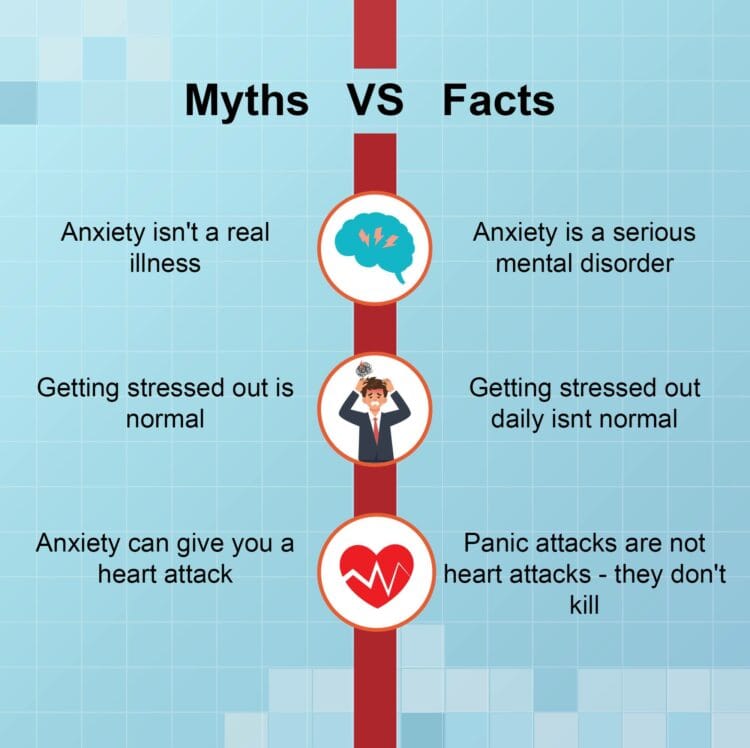
But what is considered a physiological increase in temperature, is it necessary to sound the alarm when the thermometer shows 37 degrees?
Body temperature is a complex indicator of the body's thermal state. In a healthy person, during the day, the temperature can range from 35.5 ° C to 37.4 ° C. In many diseases, the body temperature becomes elevated (more than 38 degrees).
What is "fever"?
According to the modern definition, fever is an increase in body temperature above 38 ° C as a result of exposure to pyrogenic irritants, accompanied by a violation of the activity of all body systems.
They can enter the body from the outside - exogenous (infectious and non-infectious) or form inside it - endogenous (cellular and tissue). All pyrogenic substances are biologically active structures that can cause a restructuring of the level of regulation of temperature homeostasis, leading to the development of fever.
Possible manifestations:
- Fever
- Headache, drowsiness
- Decreased appetite, dry mouth, flatulence, sometimes nausea, vomiting
- Pain in joints and muscles
- Contraction of skeletal muscles - muscle trembling (including chewing, which is accompanied by the phenomenon of “teeth chattering”)
- Increased sweating and urination during the initial stages of fever and decrease during the subsequent development of fever.
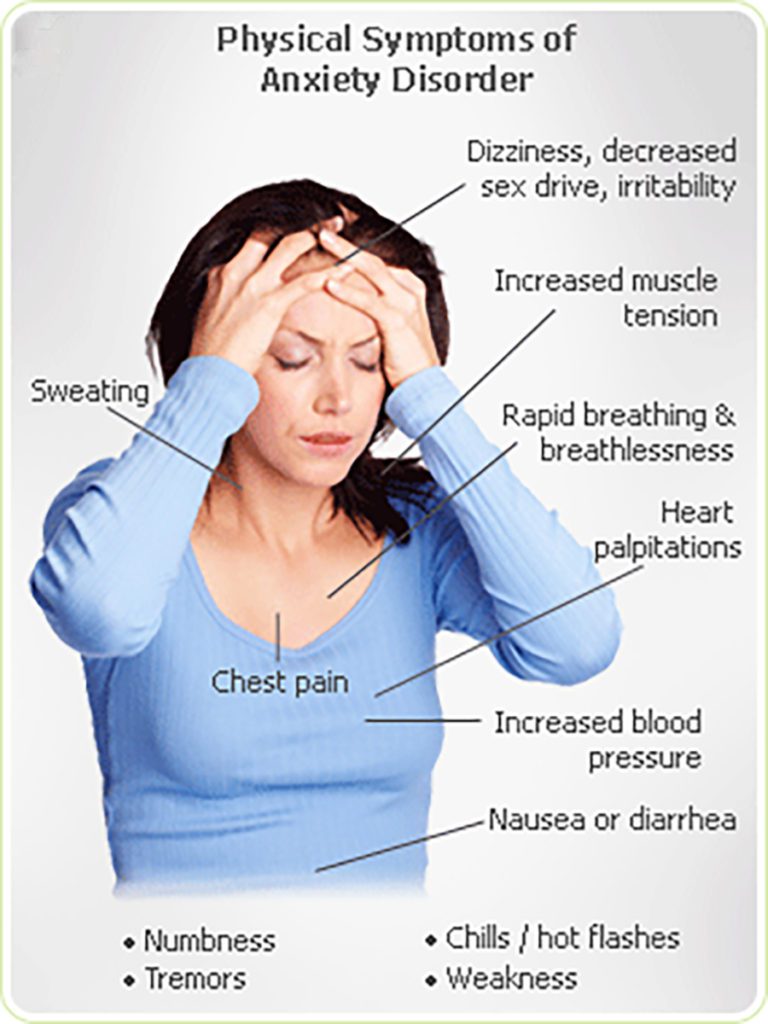
It must be remembered that an increase in body temperature has an adaptive value - our body activates a complex of various protective, adaptive and regenerative reactions aimed at destroying or weakening pathogenic agents.
That is why therapists often do not recommend bringing down a low temperature - "the body is fighting infection." But this is only true up to a certain point.
With an increase in body temperature to 40 ° C and above, the protective function of fever decreases and the opposite effect occurs: the body experiences the damaging effect of excessively high temperature, which leads to a functional overload of organs and systems and a breakdown of their biological functions.
And here the measures must be taken without delay.
Antipyretic therapy is needed when the damaging effects of high temperature on the body are already observed or possible:
- In case of excessive increase in body temperature
- In patients with decompensated diabetes mellitus or circulatory failure
- In newborns, infants and the elderly with an imperfect system of thermoregulation of the body.

Non-steroidal anti-inflammatory drugs may be used as antipyretics. MIG® 400 also belongs to this group of drugs. Its active ingredient, ibuprofen, has anti-inflammatory, antipyretic and analgesic effects. MIG® 400 can be used as an antipyretic drug, and can also help manage the headache that often occurs with a fever.
It is important to remember that the use of antipyretics must be monitored by a doctor and fever is a good reason to seek specialist help.
- Headache
- Toothache
- Pain in muscles and joints
- Menstrual pain
- Fever syndrome
- Migraine
Medical statistics state that at least once a year, each of us is faced with an increase in body temperature - this is the most frequent reason for contacting a clinic or calling a doctor at home.
Fever is not always a sign of a disease - it can be a compensatory reaction of the body in response to external or internal changes.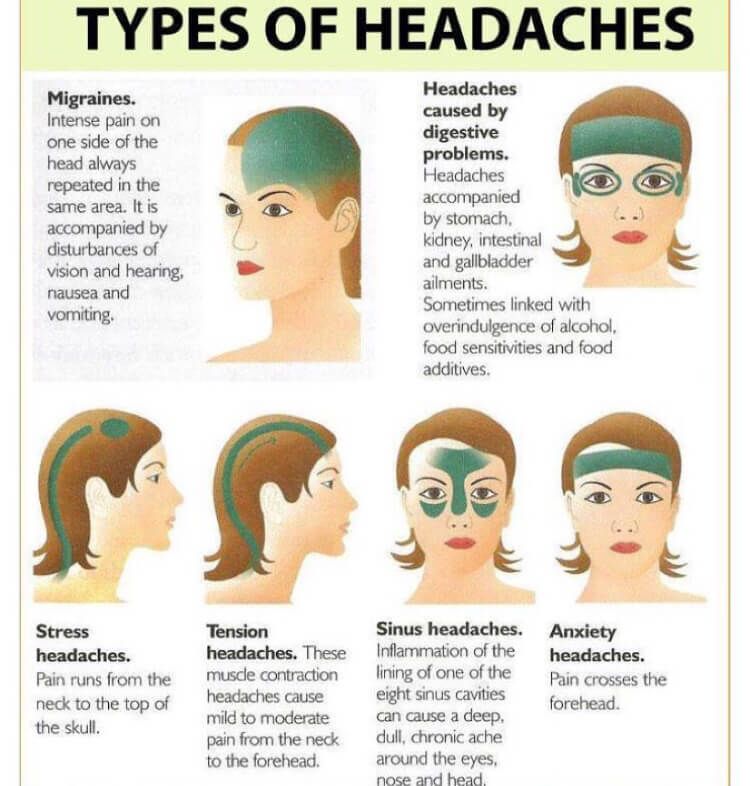
In addition, the temperature may rise in response to physical exertion, emotional stress, and even fear - such an increase in body temperature is called hyperthermia and it is not necessary to deal with it, if a person is healthy, then it will pass on its own.
But what is considered a physiological increase in temperature, is it necessary to sound the alarm when the thermometer shows 37 degrees?
Body temperature is a complex indicator of the body's thermal state. In a healthy person, during the day, the temperature can range from 35.5 ° C to 37.4 ° C. In many diseases, the body temperature becomes elevated (more than 38 degrees).
What is "fever"?
According to the modern definition, fever is an increase in body temperature above 38 ° C as a result of exposure to pyrogenic irritants, accompanied by a violation of the activity of all body systems.
They can enter the body from the outside - exogenous (infectious and non-infectious) or form inside it - endogenous (cellular and tissue).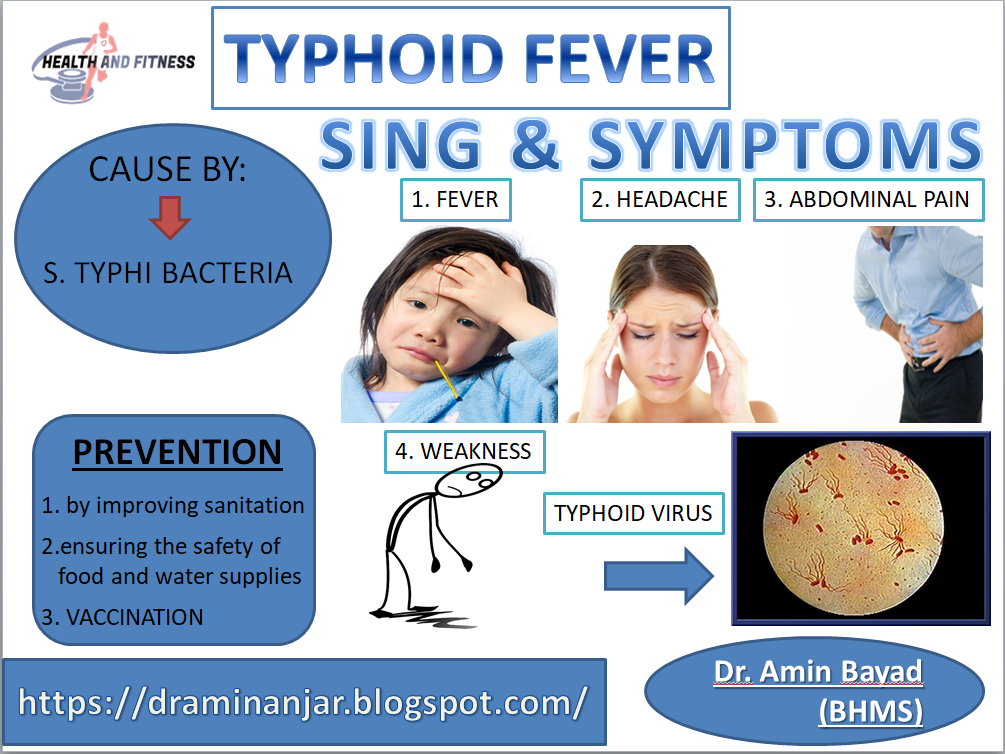 All pyrogenic substances are biologically active structures that can cause a restructuring of the level of regulation of temperature homeostasis, leading to the development of fever.
All pyrogenic substances are biologically active structures that can cause a restructuring of the level of regulation of temperature homeostasis, leading to the development of fever.
Possible manifestations:
- Fever
- Headache, drowsiness
- Decreased appetite, dry mouth, flatulence, sometimes nausea, vomiting
- Pain in joints and muscles
- Contraction of skeletal muscles - muscle trembling (including chewing, which is accompanied by the phenomenon of “teeth chattering”)
- Increased sweating and urination during the initial stages of fever and decrease during the subsequent development of fever.
It must be remembered that an increase in body temperature has an adaptive value - our body activates a complex of various protective, adaptive and regenerative reactions aimed at destroying or weakening pathogenic agents.
That is why therapists often do not recommend bringing down a low temperature - "the body is fighting infection.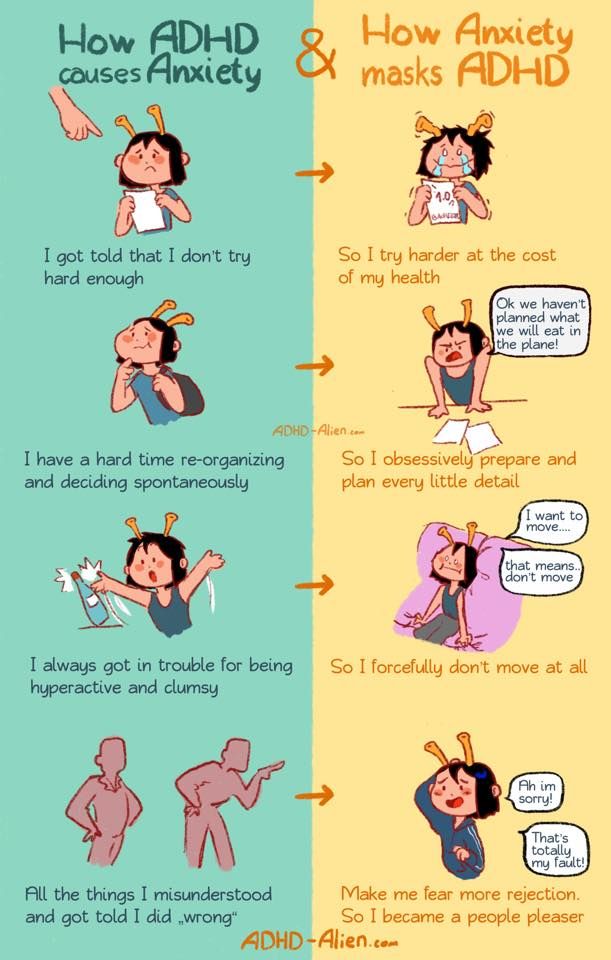 " But this is only true up to a certain point.
" But this is only true up to a certain point.
With an increase in body temperature to 40 ° C and above, the protective function of fever decreases and the opposite effect occurs: the body experiences the damaging effect of excessively high temperature, which leads to a functional overload of organs and systems and a breakdown of their biological functions.
And here the measures must be taken without delay.
Antipyretic therapy is needed when the damaging effects of high temperature on the body are already observed or possible:
- In case of excessive increase in body temperature
- In patients with decompensated diabetes mellitus or circulatory failure
- In newborns, infants and the elderly with an imperfect system of thermoregulation of the body.
Non-steroidal anti-inflammatory drugs may be used as antipyretics. MIG® 400 also belongs to this group of drugs. Its active ingredient, ibuprofen, has anti-inflammatory, antipyretic and analgesic effects.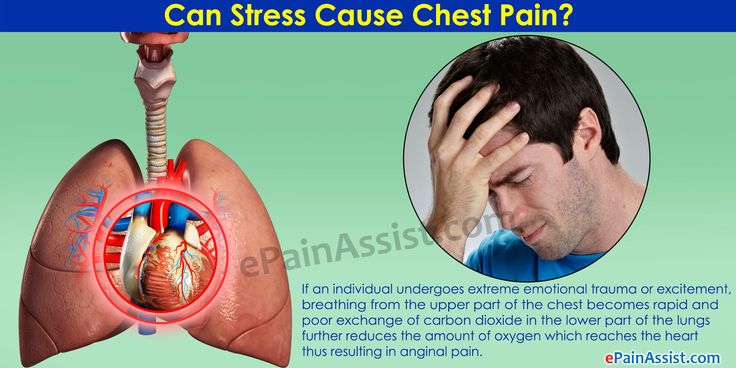 MIG® 400 can be used as an antipyretic drug, and can also help manage the headache that often occurs with a fever.
MIG® 400 can be used as an antipyretic drug, and can also help manage the headache that often occurs with a fever.
It is important to remember that the use of antipyretics must be monitored by a doctor and fever is a good reason to seek specialist help.
- About
There are contraindications, please read the instructions Sitemap
Anxiety disorder - causes, symptoms, signs, diagnosis, treatment
Causes
Types
Symptoms and signs
Diagnosis
Treatment
Anxiety disorders are a range of pathological conditions that are accompanied by unreasonably strong, uncontrollable feelings of anxiety and fear.
It is normal to experience anxiety from time to time. This is the way the human brain responds to stress and alerts us to potential danger. From an evolutionary point of view, anxiety is essential to the survival of humanity as a species. Everyone feels anxious from time to time.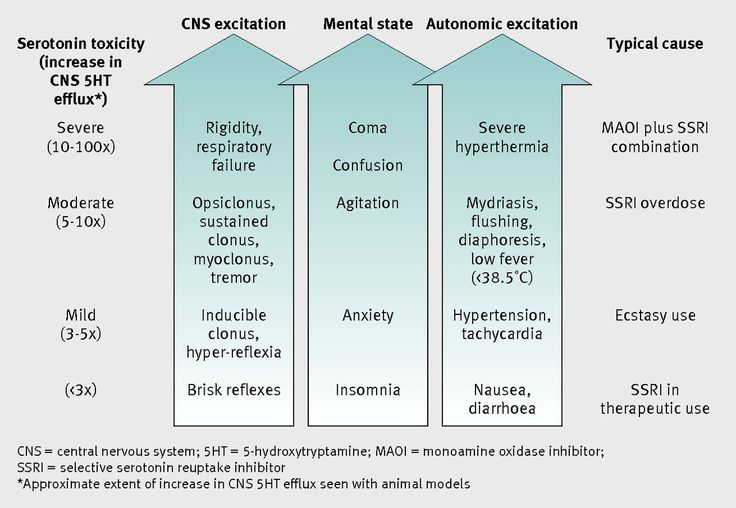 For example, an adult worries when faced with a problem at work, a student before an exam. We also often worry before making an important decision.
For example, an adult worries when faced with a problem at work, a student before an exam. We also often worry before making an important decision.
In contrast to episodic anxiety, an anxiety disorder is a condition in which a person feels constant uncontrollable anxiety and fear. Excessive anxiety can lead to avoidance of work, school, family gatherings, and other social activities.
Anxiety-depressive disorder is a pathological condition when the patient has symptoms and signs of both anxiety and depression approximately equally. Without treatment, this condition can lead to suicide attempts.
Anxiety disorder occurs in both women and men, regardless of age.
Coding of anxiety disorders in the ICD (International Statistical Classification of Diseases and Related Health Problems) is laid down in sections F40, F41, for example:
- F40 - phobic anxiety disorders;
- F41 - other anxiety disorders;
- F41.1 - generalized anxiety disorder.
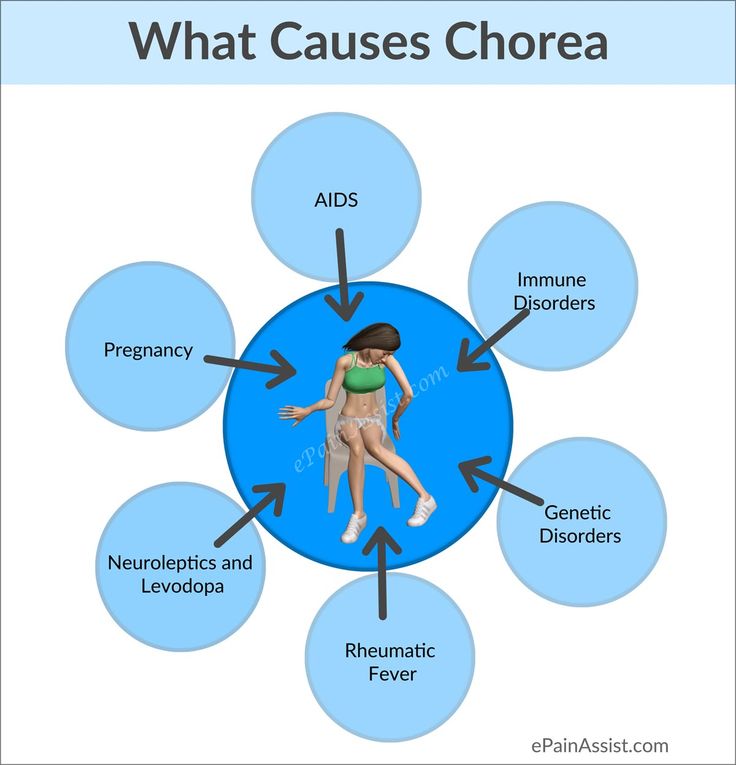
Causes of anxiety disorder
It is still not known exactly what causes this pathological condition. Researchers believe that a combination of several factors plays a role in the development of the disease. Some causes are:
- genetic causes;
- imbalance of neurotransmitters - substances that are responsible for the functioning of the central nervous system;
- environmental stress;
- negative life experiences - for example, the death of a relative, assault, child abuse;
- alcohol abuse;
- drug use and withdrawal;
- the use of psychoactive substances.
There are also risk factors:
- history of mental disorders such as depression;
- severe chronic illness;
- shyness in childhood;
- low self-esteem.
Types of anxiety disorders
- Generalized anxiety disorder.
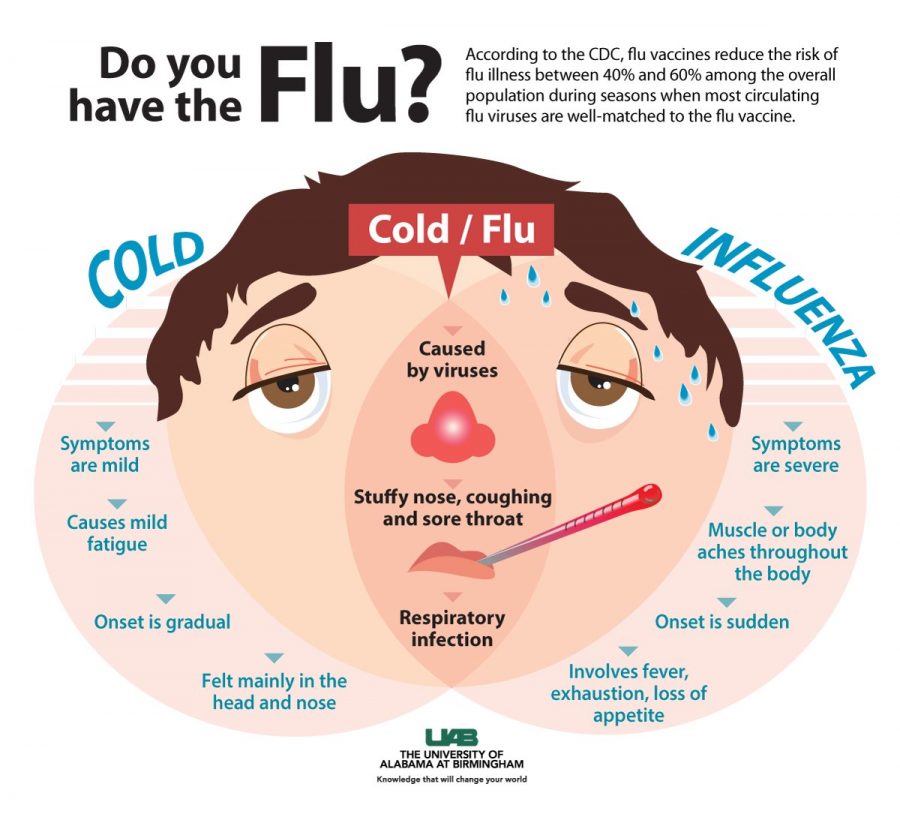 The patient feels excessive, unrealistic anxiety for little or no reason.
The patient feels excessive, unrealistic anxiety for little or no reason. - Anxiety disorder in children caused by separation from family, loved ones, or home.
- panic disorder. The patient feels a sudden intense fear that triggers a panic attack. During a panic attack, you may experience sweating, chest pain and heart palpitations, as well as a feeling of shortness of breath.
- Social phobia is an overwhelming anxiety and shyness about everyday social situations. Patients are worried about what other people think of them, worried that they will be embarrassed or ridiculed.
- specific phobias. The patient has a strong fear in certain conditions, for example, a fear of heights.
- Agoraphobia. The patient has a strong fear of open spaces, crowded places. For example, in public transport, on an airplane, in a crowd.
- Selective mutism is a situational loss of the ability to speak. This type of anxiety disorder occurs in children.
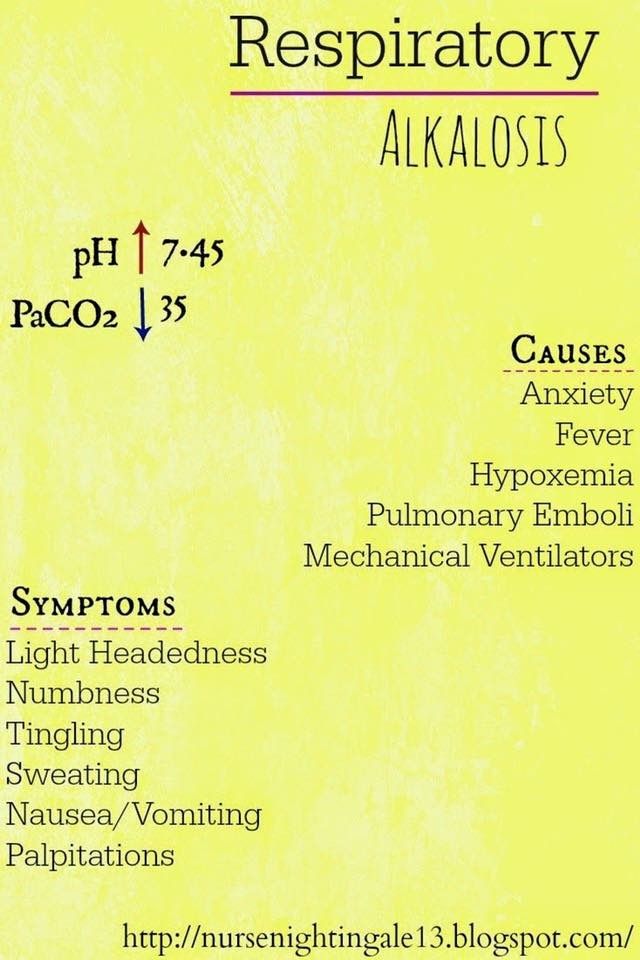 Children communicate normally with family members, but do not speak in public places, for example, in kindergarten.
Children communicate normally with family members, but do not speak in public places, for example, in kindergarten.
Symptoms and signs of anxiety disorder
The main symptom is excessive fear or anxiety. There may also be a disorder of concentration and sleep.
Common symptoms are:
- panic;
- fussiness;
- doom;
- sense of danger;
- sleep problems;
- anxiety;
- fear;
- feeling of lack of air;
- "lump in the throat";
- acceleration of the heartbeat;
- the patient thinks about the problem again and again and is unable to stop;
- inability to concentrate;
- avoidance of objects or places that cause fear.
Anxiety diagnosis
The diagnosis is based on the patient's questioning and the signs and symptoms of the disorder. Specific laboratory tests or instrumental research methods that could help the doctor in clarifying the diagnosis have not been developed.
There are a number of scales and tests for suspected anxiety disorder:
- Beck scale.
- Hamilton scale.
- Hospital Anxiety and Depression Scale.
- Tsung scale.
Anxiety treatment
If symptoms appear, it is recommended to consult a specialist. Only a doctor can recommend the right treatment for an anxiety disorder based on current clinical guidelines. It may take some time to develop the right treatment plan that suits a particular patient. For most people, a combination of methods works best. Treatment is aimed at ensuring that the patient can control his emotions, manage them, and not vice versa.
Treatment includes:
- Medical treatment. There are many medications that can help reduce anxiety symptoms. Pills affect the "brain chemistry", eliminating the imbalance of neurotransmitters.
Only a doctor can choose the right treatment regimen. It is necessary to take the drug strictly according to the recommendation of a specialist. It is also important not to violate the schedule of repeated doses and to inform the doctor about the side effects that occur while taking the medicine.
- Psychotherapy. This is a type of counseling that helps the patient learn how emotions affect their behavior. A trained mental health professional will listen and talk about the patient's thoughts and feelings, as well as suggest ways to understand them and deal with anxiety.
- Cognitive behavioral therapy. This common form of psychotherapy teaches the patient how to turn negative or panic-inducing thoughts and behaviors into positive ones. The patient learns how to approach frightening situations carefully and deal with them without anxiety.
There are a number of tips that can help a patient manage their anxiety symptoms:
- Find out as much as you can about your disorder.
Feel free to ask the doctor any questions you may have.
- Stick to your treatment plan.
- Reduce your intake of coffee, tea, energy drinks containing caffeine.
- Don't drink alcohol.
- Eat right and exercise. Rapid aerobic exercise, such as running or cycling, can help fight chronic stress and improve your mood.
- Take time to sleep.
- Learn to relax. Meditation can help with this.
- Keep a diary. Write down your thoughts and impressions at the end of the day. You will be surprised how much this will help you relax and fall asleep faster.
- Manage your negative thoughts. Cognitive behavioral therapy can teach you how to redirect your thoughts.
- Evaluate your information flows: television, radio, social networks. Limit the flow of negative information and try to increase the flow of positive.
- Communicate more with people, meet friends.
Author of the article:
Novikov Vladimir Sergeevich
psychotherapist, clinical psychologist, kmn, member of the Professional Psychotherapeutic League
reviews leave feedback
Clinic
m.



